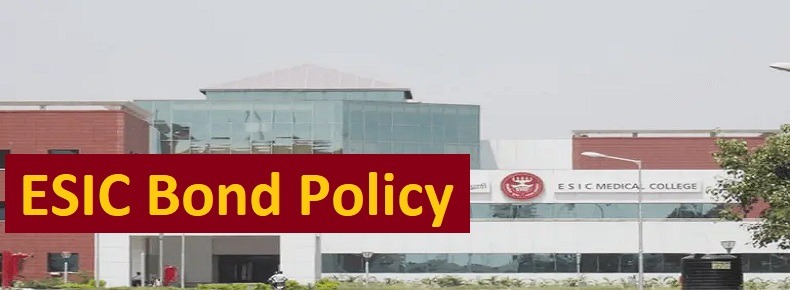Two minority college organisations’ agreement to a 10% tuition increase for private quota seats in 2022 marked a significant advancement in Karnataka’s medical education system. Non-minority colleges, however, did not adopt this strategy. The trend appears to be changing this year as private MBBS seats with a quota in non-minority colleges are expected to see a cost increase. We will examine the motivations behind this potential change as well as its effects on aspiring medical students in the state in this post.
Fee Increases for Private Quota Seats Non-minority Colleges’
By agreeing to a 10% price increase only for private quota seats in their affiliate institutions, two significant organisations of minority professional colleges in Karnataka last year took a historic step. Among those who approved of the fee increase were the Association of Minority Professional Colleges and the Karnataka Religious and Linguistic Minorities Professional Colleges Association. Due to differences over a few phrases, the Karnataka Professional Colleges Foundation (KPCF) decided not to impose the raise. Notably, the colleges’ insistence on a tuition increase for government quota seats was the main point of contention.
Creating Parity in Private Colleges for Minorities and Non-Minorities
Minority colleges now charge more than non-minority colleges as a result of the price increase ruling. Due to this, the tuition for private quota seats in non-minority medical colleges remained at Rs 9,94,406 per year in 2017. However, it is anticipated that things will alter this year. The KPCF president, MR Jayaram, predicted that non-minority private universities’ tuition will eventually catch up to that of their minority peers. With this action, the inequality in medical education prices is intended to be addressed and equality promoted.
Consensual Agreement with Uncertainty
Although a fee increase for private quota seats at non-minority universities is quite likely to be implemented this year, the consensus agreement has not yet been formally signed. The agreement’s terms and conditions are currently being finalized by the Directorate of Medical Education. The final proportion of the fee increase could be impacted by this current procedure.
Number of MBBS seats that are open
For the academic year 2023–2024, a total of 11,620 MBBS seats would be available, according to information released by the government. These seats are split up among different types of colleges. The breakdown of the available seats is as follows:
- Private Universities: 900 seats
- Non-Minority Colleges: 2,245 seats
- Minority Medical Colleges: 2,300 seats
- Deemed Universities: 2,450 seats
- Government Colleges: 3,725 seats
With 24 government medical colleges, 12 deemed universities, 15 minority colleges, 13 non-minority colleges, and six private universities that offer medical seats, the state of Karnataka is home to a wide variety of medical institutions.
Process of Combined Option Entry
The combined option-entry process for NEET (National Eligibility cum Entrance Test) and CET (Common Entrance Test) candidates is one important shift that medical aspirants can anticipate this year. This procedure will be run by the Karnataka Examinations Authority (KEA), and it is expected to start the following week. This action aims to speed up the application process and guarantee a just and transparent selection of applicants for medical programs.
There may be a cost increase for private quota MBBS seats in non-minority colleges as the landscape of medical education in Karnataka changes significantly. It is admirable that efforts are being made to equalize minority and non-minority colleges since it promotes a more just learning environment. The consensual agreement’s completion and the amount of the fee increase, however, are still matters of anticipation. To make wise decisions regarding their education and career, aspiring medical students must stay current on the most recent research.























